Mental Wellbeing
All sheep deserve to be happy. Loving your sheep and learning to understand their needs will help you identify the things you must do to give them positive experiences and prevent them from feeling worried, upset, frightened and stressed.
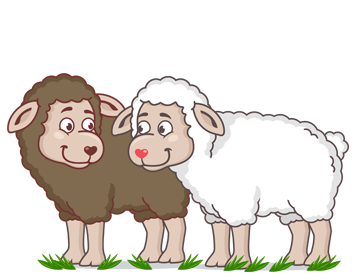
Did you know that there is a special law protecting animals?
This law is called the Animal Welfare Act. The Animal Welfare Act outlines how people must take care of and act towards animals in New Zealand. The Ministry for Primary Industries (MPI), the Police and SPCA work together to make sure people in New Zealand follow these laws.
Under the Animal Welfare Act, all animal guardians (owners) are responsible for making sure the welfare needs of animals in their care are met. Learning about the Five Domains helps us to understand these welfare needs and how we can make sure we provide these. One of the Five Domains is Mental Wellbeing. In this section you will learn about this domain and how you can make sure your sheep have positive experiences and are receiving the love, understanding and companionship they need for their mental wellbeing.





















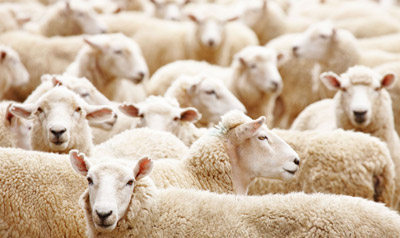 Sheep are prey animals, which means they are naturally always on the lookout for danger and feel the need to stay protected within their flock.
Sheep are prey animals, which means they are naturally always on the lookout for danger and feel the need to stay protected within their flock.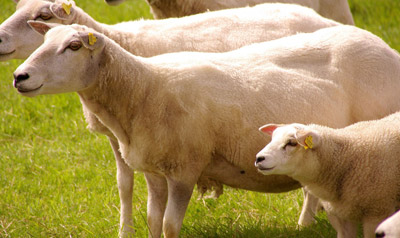 If your sheep feel threatened or like they have something to fear, you might notice a range of different behaviours in your sheep. Most sheep, when they are scared, will run to their flock and stay with their friends. However, at other times when sheep feel scared you might notice the following behaviours:
If your sheep feel threatened or like they have something to fear, you might notice a range of different behaviours in your sheep. Most sheep, when they are scared, will run to their flock and stay with their friends. However, at other times when sheep feel scared you might notice the following behaviours: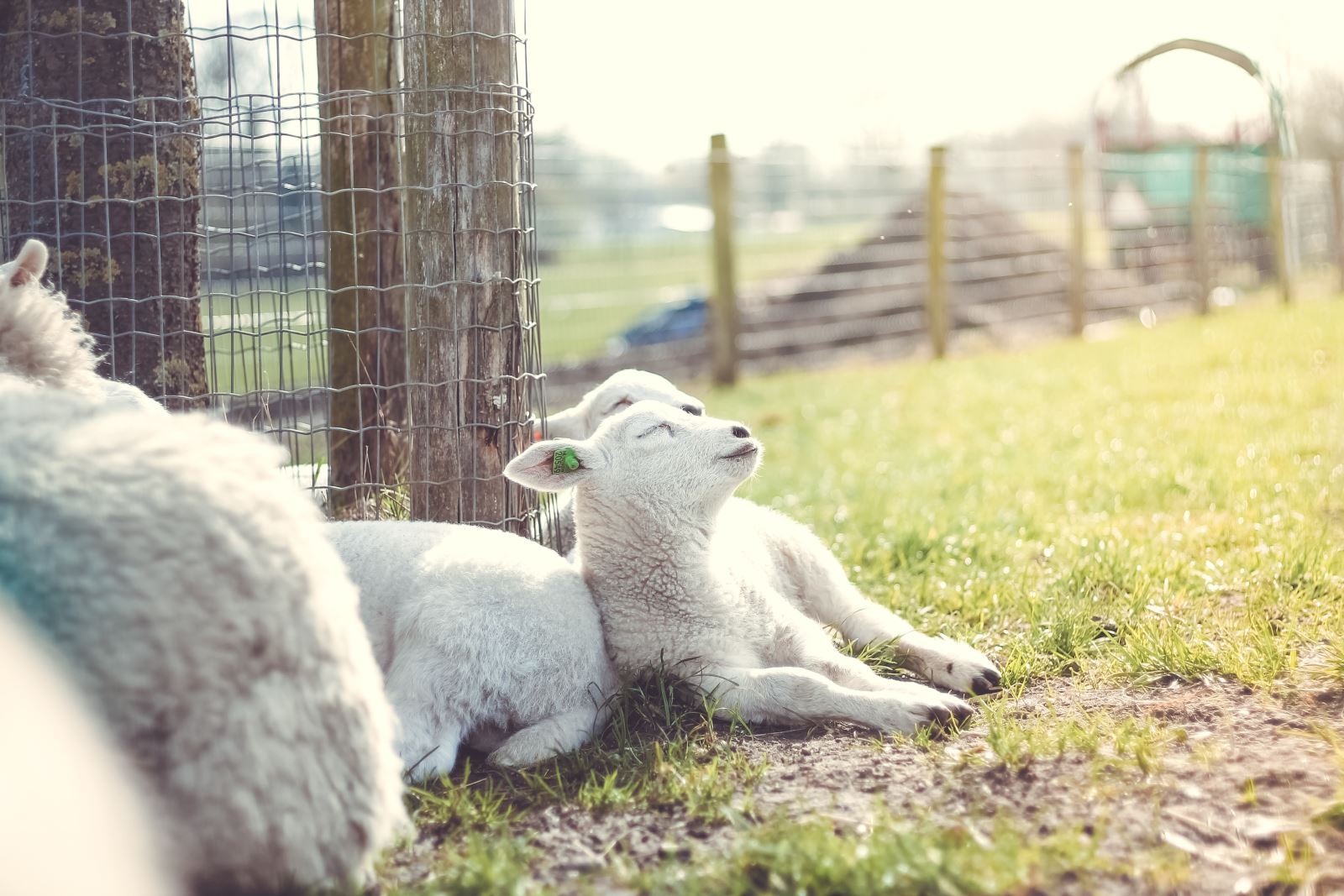 Sheep are flocking animals and prefer to stay together as much as possible. This makes them feel safe. If you are going to get a sheep, you need to get enough to form a small flock.
Sheep are flocking animals and prefer to stay together as much as possible. This makes them feel safe. If you are going to get a sheep, you need to get enough to form a small flock.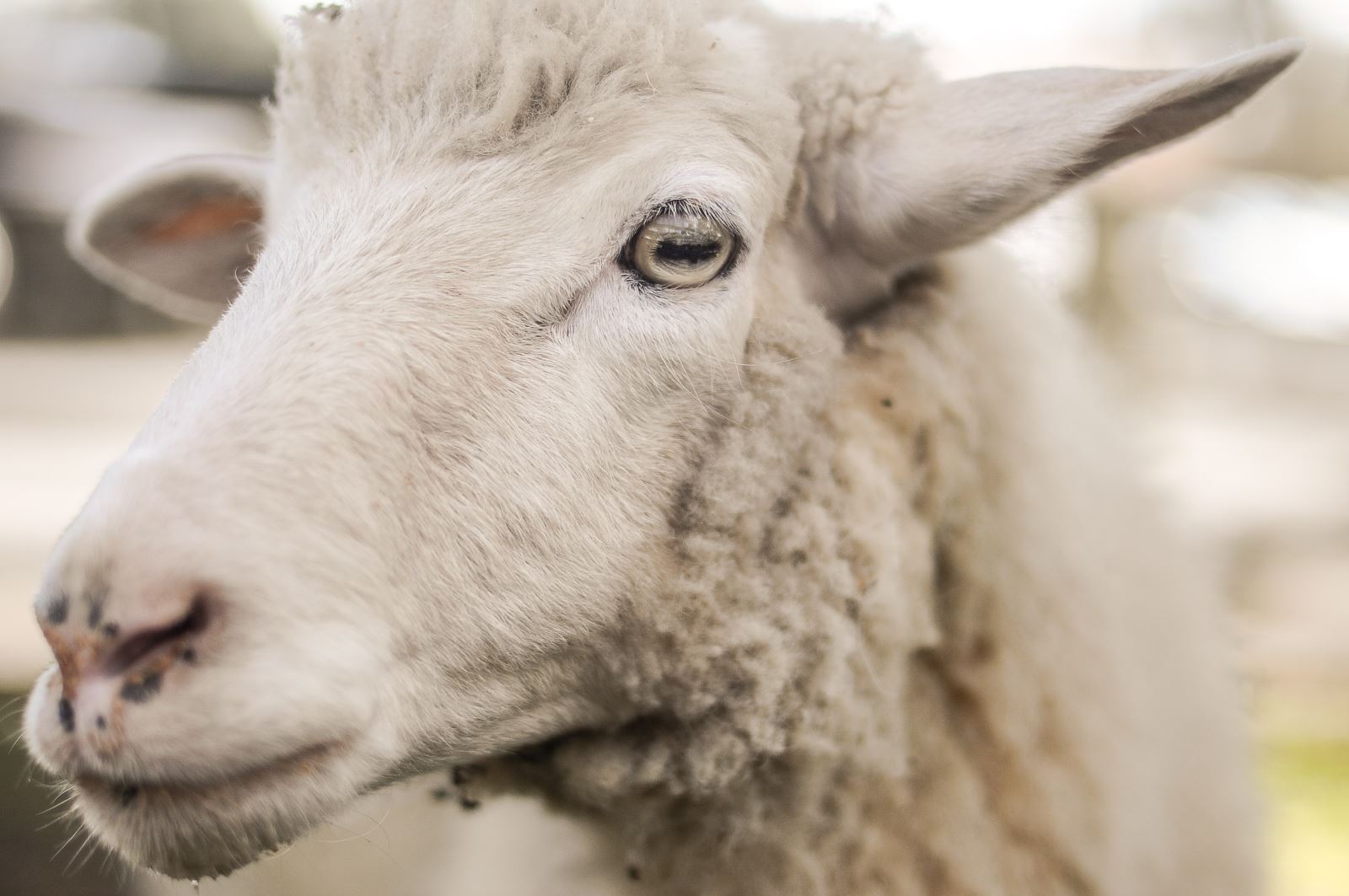 Sheep have very unique eyes. You might notice that sheep’s eyes are nearly on the side of their heads and are quite far apart. This means sheep can see nearly all around them, from both left and right. Whereas we humans can usually only see what is in front of us.
Sheep have very unique eyes. You might notice that sheep’s eyes are nearly on the side of their heads and are quite far apart. This means sheep can see nearly all around them, from both left and right. Whereas we humans can usually only see what is in front of us.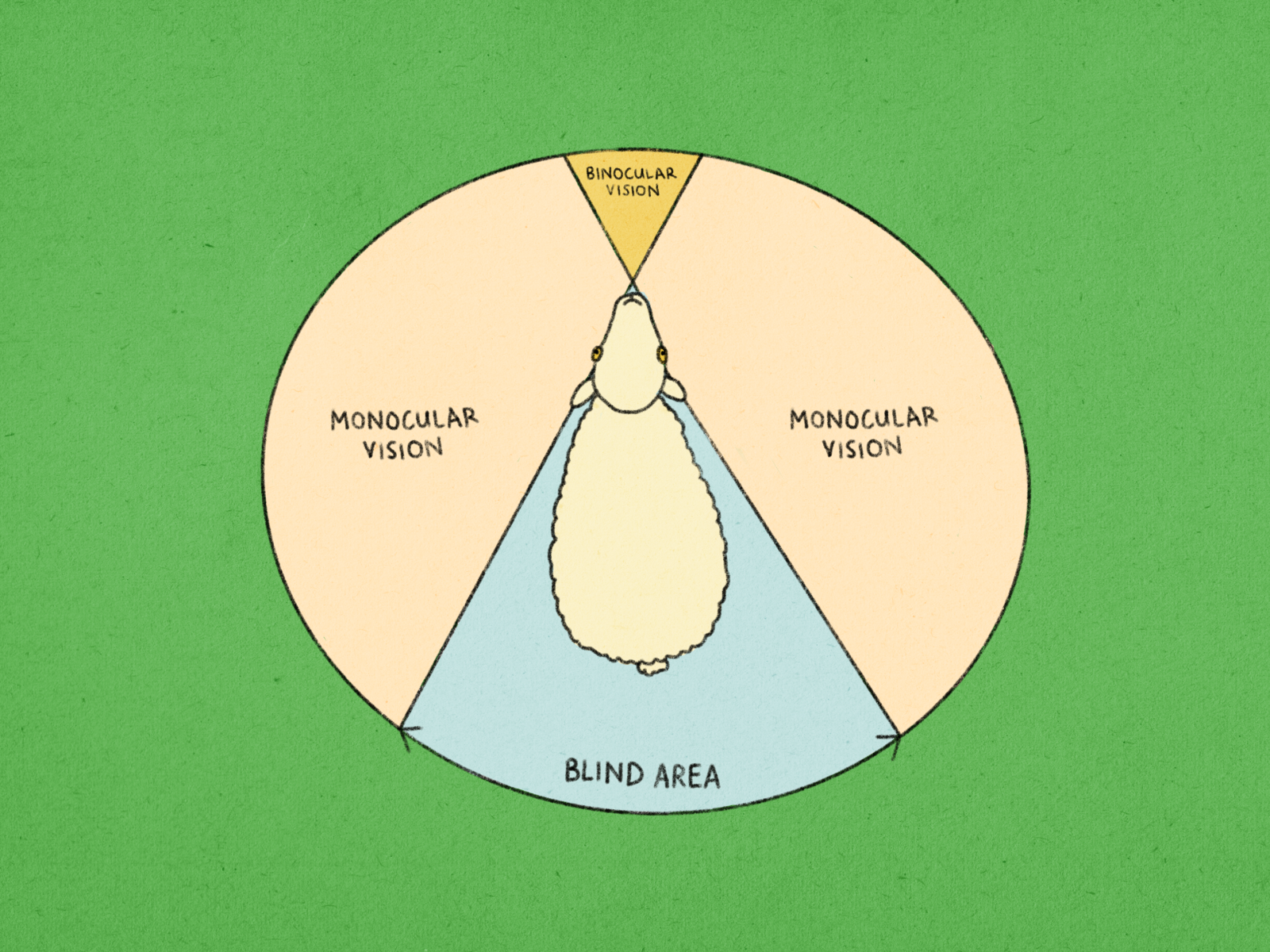 Never approach her from behind where she might not see you in her field of vision, as this will give her a fright. If you do approach from the front, make sure you walk slowly and calmly so your sheep have time to see that you are coming and can safely tell how far away you might be.
Never approach her from behind where she might not see you in her field of vision, as this will give her a fright. If you do approach from the front, make sure you walk slowly and calmly so your sheep have time to see that you are coming and can safely tell how far away you might be.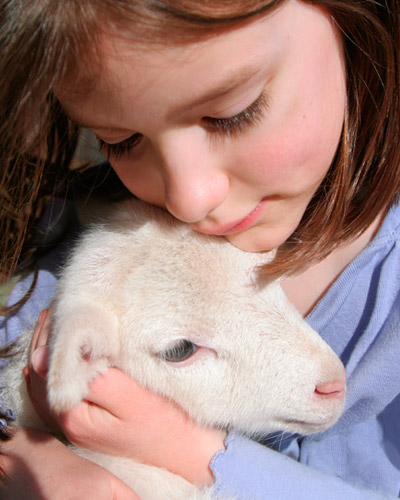 It’s not that your sheep don't like you – your sheep are just naturally afraid. Sheep have learnt over time to avoid anything that looks scary or like it might be a threat.
It’s not that your sheep don't like you – your sheep are just naturally afraid. Sheep have learnt over time to avoid anything that looks scary or like it might be a threat.








